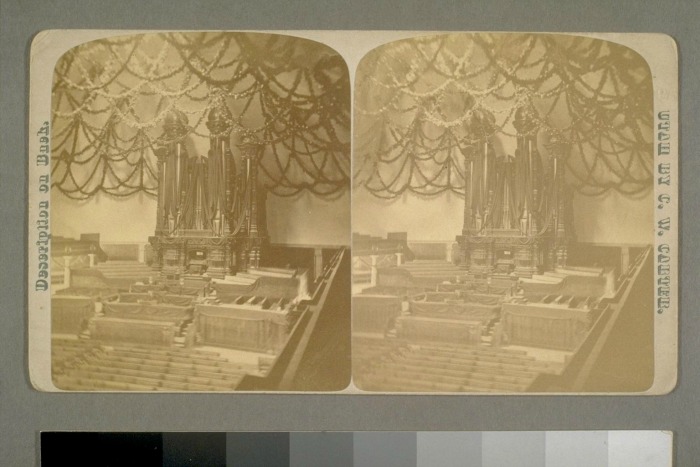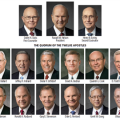Question
Gramps,
If this has been asked before, can you point me in the right direction? As we were studying the Come, Follow Me lesson in Mosiah about Seers, we began to wonder if there is a difference between a prophet and seer. I can’t really find a distinction in duties (abilities?) even though they are distinctly different titles. Can you help?
Aja
Answer
Aja,
In a way, you’re right. And in a way you’re missing something.
In today’s Church, the title of “Prophet” is generally reserved for the President of the Church. Today that would be President Nelson. But the term “prophet” as used in scriptures is a much more generic word. It is that generic word that the King Limhi (Mosiah 8:15) was using. It was not the earthly head of the Lord’s Kingdom. It was a man who prophesied.
Additionally, other uses of the word “prophet” have been used in scriptures.
And the LORD said unto Moses, See, I have made thee a god to Pharaoh: and Aaron thy brother shall be thy prophet. (Exodus 7:1)
Here it is generally taken to mean “spokesman”. Moses was “slow of speech” (Exodus 4:10). So, he was given an assistant to actually voice the words of the Lord. And really that is what most prophets are supposed to be — a man who repeats the words of God to the public.
But the prophet, which shall presume to speak a word in my name, which I have not commanded him to speak, or that shall speak in the name of other gods, even that prophet shall die. (Deut 18:20)
We can see quite often that prophets of scriptures didn’t actually foretell future events. They simply repeated God’s will and commands.
Abinadi is one of the more famous figures in the Book of Mormon. He was a prophet. But he certainly wasn’t the earthly leader of the Church.
And it came to pass that after Abinadi had made an end of these sayings that he said unto them: Have ye taught this people that they should observe to do all these things for to keep these commandments?
I say unto you, Nay; for if ye had, the Lord would not have caused me to come forth and to prophesy evil concerning this people. (Mosiah 13:25-26)
He was perfectly happy to stay at home and raise his family and live an unremarkable life. But because of the wickedness of the king, he was called to die for the word of God. And most of what he said was simply repeating the commandments of God and calling others to repentance.
There is also evidence that it is simply a matter of choice of words.
(Beforetime in Israel, when a man went to inquire of God, thus he spake, Come, and let us go to the seer: for he that is now called a Prophet was beforetime called a Seer.) (1 Samuel 9:9)
Yet, Latter-day Saints use the term “seer” in a very specific way. A prophet is one who prophesies and a seer is one who “sees” in a very special way.
But Ammon says that
16 And Ammon said that a seer is a revelator and a prophet also; and a gift which is greater can no man have, except he should possess the power of God, which no man can; yet a man may have great power given him from God.
17 But a seer can know of things which are past, and also of things which are to come, and by them shall all things be revealed, or, rather, shall secret things be made manifest, and hidden things shall come to light, and things which are not known shall be made known by them, and also things shall be made known by them which otherwise could not be known.
So, it seems that there are “lesser prophets”, and there are “greater prophets” known as “seers.”
But the primary thing that makes a seer a seer, is that they can look through seer stones and gain knowledge of the past, present, and future. Of course, this also means that to fulfill the title/role of a seer, one must have a seer stone. And only a few in history that we know of have had one. So, some who could very well be seers, have that ability inactive until they are given a seer stone.
Gramps







